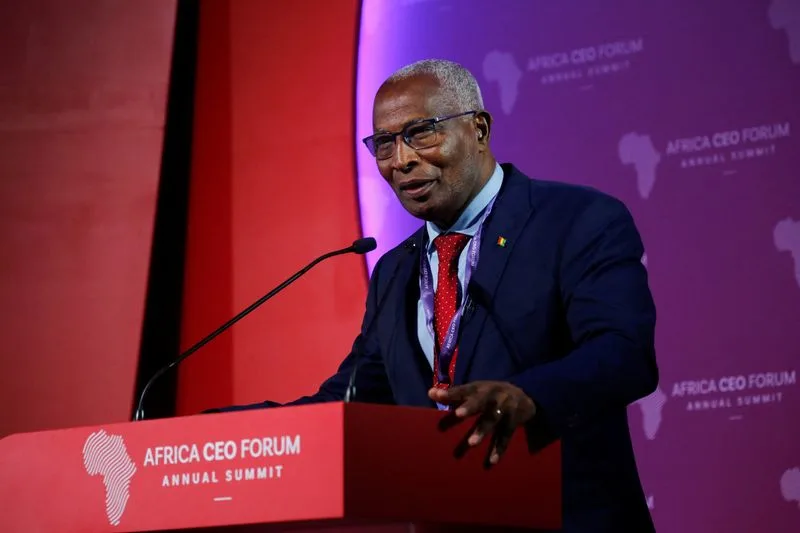
A sharp-edged joke set the tone as Guinea’s political leaders fanned out across the country ahead of the September 21 constitutional referendum.
Standing before a group of schoolchildren, a politician asked, “What job will you do when you grow up, kiddo?” The child replied, “Member of Parliament, like you!”
When asked why, the answer was blunt: “Because Dad says it’s the only job where you get paid to sleep in public.”
With humor underscoring public skepticism, ministers have left their air-conditioned offices in Conakry—turning their backs on the capital’s flooded streets—to rally support in the nation’s most remote regions.
The official goal is to “explain the text” of the draft constitution. Critics, however, see the tour as a full-fledged campaign to secure a “Yes” vote while celebrating the “achievements of the CNRD,” the ruling transitional council.
The proposed constitution, hailed by its drafters as one “that resembles us and brings us together,” is being marketed as a modern, unifying charter. Yet, while it outlines progressive ambitions, observers argue it contains troubling gaps beneath its polished rhetoric.
A central concern involves the newly created Directorate General of Elections (DGE), established in June and tasked with organizing the referendum and future polls.
Though the constitution envisions an independent electoral body, the DGE—appointed under the existing legal order and reporting to the executive—will manage the referendum. Critics warn this structure risks undermining the new charter’s credibility before it even takes effect.
Questions loom over whether the DGE will be dissolved or simply rebranded as “independent” through future legislation, despite its origins under executive control.
The broader challenge, analysts contend, is not the text itself but its practical enforcement. Guinea’s previous constitutions, while imperfect, faltered largely due to weak institutional commitment rather than flawed drafting.
As one former Guinean minister wryly observed: “True democracy does not reside in the fine articles that enshrine it, but in the collective will to implement them.” For Guinea, the September vote may mark a step toward constitutional order, but its true test will lie in how faithfully the nation’s leaders and institutions uphold its promises.



